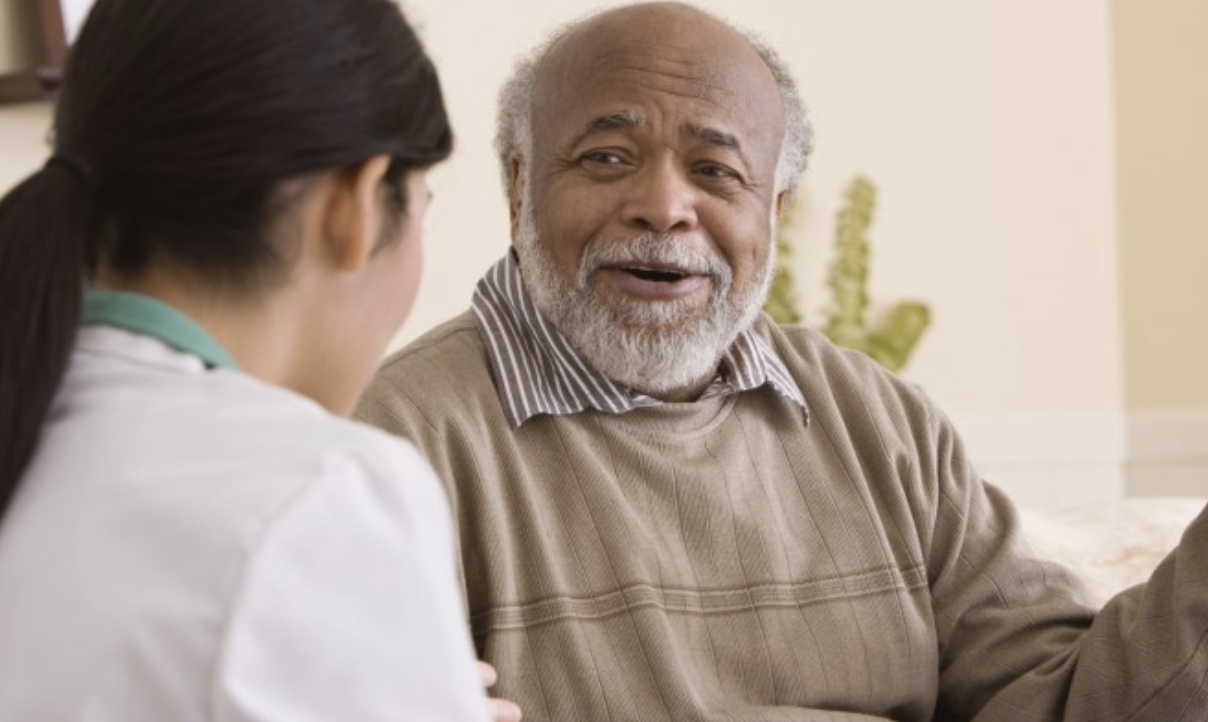
01 May Home automation for the elderly: gerontechnology
Almost all seniors in the world want to age in their own homes and not in retirement homes. However, they are still rare to develop their habitat to remain autonomous. The development of home automation has been booming in recent years.
Home automation includes all electronics, information and telecommunications technologies used at home: connected objects, e-health, robotics, etc.. It makes it possible to intelligently ensure all safety, comfort, energy management and communication functions of a house: a way to simplify life when moving becomes difficult or when one lives alone.
Home automation adapted to seniors has a name: gerontechnology. It consists in creating technological environments for mobility, health and communication: mobile kitchens that adapt to the size or to a wheelchair, lighting that adapts to the sensitivity of the sight, radiators that anticipate the heat and cold, remote controls or applications to control remote devices, etc. 75.4% of the seniors questioned think that the connected objects will be relevant tools to ensure the maintenance at home of the elderly. More tips and tricks here!
Tools to simplify and secure everyday life
These new adapted technologies include important systems for controlling all electrical appliances in the home (attracting all age groups), but also small everyday objects such as intelligent pill dispensers. They allow you to schedule your medication week after week. When it is time for treatment, an alarm or flash is triggered. The pill box locks after every dose, impossible to cheat or forget.
55% of Americans and 62% of 55+ are willing to invest in home support. Security systems have been designed to enable elderly people living alone or with a partner to remain safely at home. These systems are not limited to the fight against burglaries, they also make it possible to collect information on the daily life of the equipped senior: sensors that detect movements and non-movements, falls, when a person does not wake up or suffers from sleep disorders, etc. All this data can be recorded in a logbook and can be monitored daily by relatives and caregivers.
For those of you unfamiliar with the topic, make sure you watch the following video on gerontechnology



Sorry, the comment form is closed at this time.